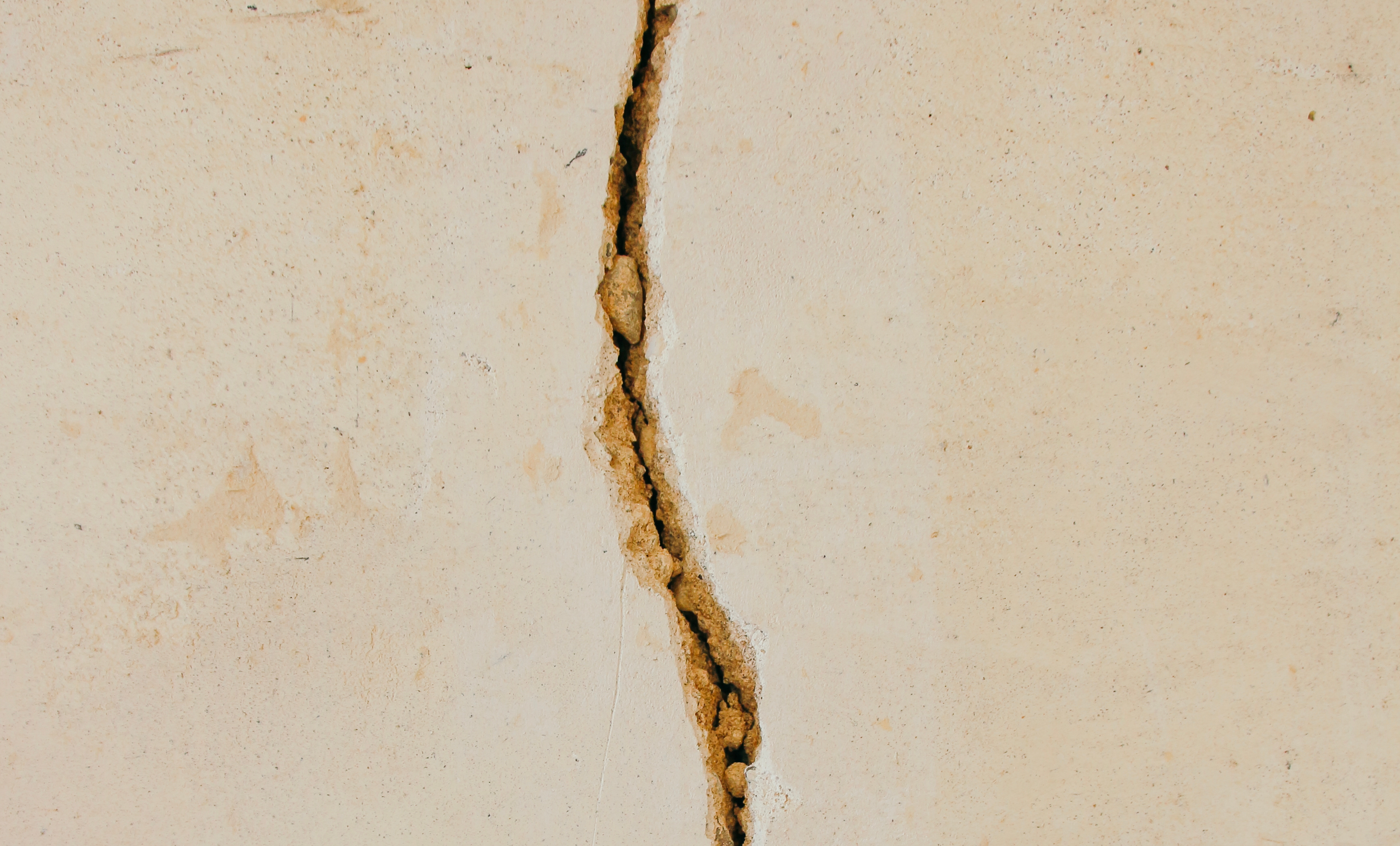Repairing the World — Part 1
Using 'repair' as a guiding principle for change — learning from Madagascar.
The world is on fire in so many ways these days, and it doesn’t always seem to be moving in the right direction.
If you’re like me, you can find yourself experiencing seizing moments of dread, desperation, and exhaustion to think about our direction. I’ve always found it helpful when I have those moments to think of all the people, projects, and intentions that people place in repairing the world around us.
A repaired world isn’t the utopian vision of science fiction that is all clean surfaces, spotless jumpsuits, and seamless technologies. It’s the opposite — it’s lived surfaces, worn environments, and kludgy technologies that have been made to work through sheer will, frustration, resourcefulness, and even love.

Repair in the Most Likely Places
When I was in graduate school at Michigan, I had the good fortune of working with a fantastic advisor Steve Jackson, and an equally fantastic fellow student in Alex Pompe. We won a grant to spend the summer returning to where we had lived as Peace Corps Volunteers (Madagascar and Namibia) to study the impact of technology on various communities. This was in 2010, and the mobile phone revolution was still in full swing in both of these countries, albeit in slightly different ways.
It was open-ended research, in a way — we were looking for what stood out and followed the trail. One of the things both of us found in our interviews was just this theme of making do with the tools you have at hand. This might sound obvious — of course; you’re going to use what’s around you, particularly in the Global South. But it was more than that. It was an overt choice that people were making for simple systems over feature-rich but complex ones. It’s Nokia phones over smartphones, old French Renault and 2CV cars over more efficient modern models — repairability over predicted obsolescence.
Repair Worlds
I wrote a short blog post about this in 2012 — but the academic paper we wrote holds up — Repair worlds: Maintenance, repair, and ICT for development in rural Namibia. The term ‘repair worlds’ is an homage to Howard Becker’s Art Worlds (1982), where Becker describes how art is created by multiple people and not just individuals, and particularly a more sociological approach to ascribing value to art.
The gist of this paper is that systems often prioritize the new, novel, packaged, and ‘upstream’ products. But the lived reality of these prioritizations often ends in rusting tractors and broken mechanisms with no local know-how to fix them, much less abilities and allowances to do so.
When given a choice, people (and not systems) make decisions that reflect a rational actor in a world where things malfunction, break, require upgrades, and are constantly being appropriated and re-appropriated. Considering ‘Repair Worlds’ forces us to step back and think about ‘downstream’ use - sustainability, investment, and user-centered design.
By placing our projects while looking both upstream and downstream, even simple interventions can have a tremendous impact.
A fantastic documentary came out in 2014, Ady Gasy, that focuses on this particular phenomenon of repair and resilience in Madagascar — I can’t recommend it enough.
The maintenance and repair of our tools is something that still cuts across a lot of the work that I do — whether it’s building digital platforms, 3D printing a new gadget, or tinkering away on some old piece of hardware (that’s how the newsletter got its name!).
Next week, I’ll follow up a little with some trends in the repair space, and why it’s so important to pay attention to, and why we ignore the issue of repair at the peril of our species—no big deal.
What Else I’m Reading
The Tech That Comes Next by Amy Sample Ward & Afua Bruce | Purpose-Built Platforms — Lots of good stuff here that is on-brand for the newsletter right now.
What Constrains Tech In sub-Saharan Africa — Someone sent me this essay, and I’m diving into it, but some of you might like it.
Chalamet Coughs, Dune Wins — Data science at its best.
Elite Ukrainian Drone Pilots Are Reportedly Making All the Difference — Huh.
Thanks for reading!
Gabriel



